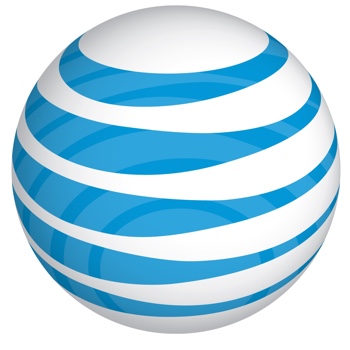The Federal Trade Commission on Thursday announced it is paying out more than $88 million in refunds to 2.7 million AT&T customers who were victims of “mobile cramming.” (Third-party charges were added to their mobile wireless bills without their consent.)

The refunds will be paid out from a $105 million settlement AT&T paid to the FTC in October 2014, as a settlement over accusations the carrier allowed third-party companies to bill customers for unauthorized charges for things like ringtones and horoscope and “love tips” text messages. AT&T, Tatto, and Acquinity all paid into the settlement.
As part of the settlement, which also involved all 50 states and the District of Columbia, as well as the Federal Communications Commission, AT&T agreed to pay $80 million for refunds and notify current customers who were billed for unauthorized third-party charges of the refund program. Under the settlement, the company also significantly changed its process for third-party billing.
The FTC says the refunds represent the most money ever returned to consumers in a mobile cramming case. Through the FTC’s refund program, nearly 2.5 million current AT&T customers will receive a credit on their bill within the next 75 days, and more than 300,000 former customers will receive a check. The average refund amount is $31. Checks to former customers began going out on Thursday.
For an extended period of time, ending in late 2014, AT&T and a number of third-party companies were charging customers up to $9.99 per month for “services” such as ringtones, love tips, horoscopes, and more. AT&T wet its beak to the tune of 35% of the money scammed from subscribers.
“AT&T received a high volume of complaints related to mobile cramming prior to the FTC and other federal and state agencies stepping in on consumers’ behalf,” said FTC Chairwoman Edith Ramirez. “I am pleased that consumers are now being refunded their money and that AT&T has changed its mobile billing practices.”
It should be noted that AT&T isn’t the first wireless carrier to be caught “cramming.” December 2014 saw T-Mobile agree to pay out $90 million in fines.


